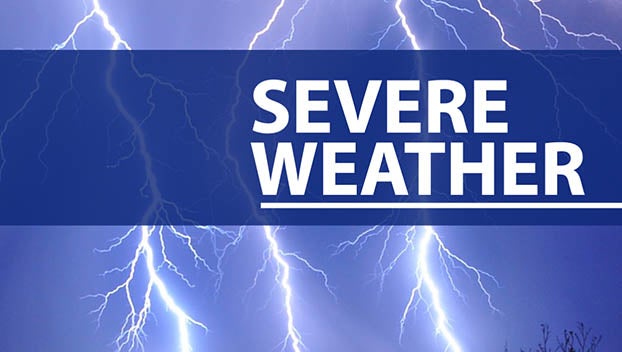Overdose response team formed
Published 4:18 pm Tuesday, November 20, 2018
Health officials have launched a new overdose response team to lessen the grip of opioid abuse.
“We are pleased to announce that the Stanly County Health and Human Services board and Board of County Commissioners have accepted $99,808 in grant funds awarded to our department to launch an overdose response team,” said David Jenkins, director of the county’s Health and Human Services.
In a collaboration between the Health Department and Emergency Medical Services, county officials secured a grant through the Injury and Violence Prevention Branch of N.C. Department of Health and Human Services.
The grant spans through August 2019; however, efforts are underway to obtain additional funding in hopes of extending the program for several years.
Grant proceeds will be used to build an evidence-based program to reduce repeat overdoses.
Using successful models from other counties, Stanly County EMS will build a community paramedicine program.
The program has reduced hospital readmissions in other counties by providing a follow-up to patients released from the hospital. Cabarrus, Forsyth and Wake counties have added an overdose response team and reported a reduction in overdoses.
A community paramedicine program will enable trained paramedics to follow-up with patients post-overdose reversal.
Based on training and medical guidance, the paramedics will be able to provide medical assessments in the field. Paramedics will be able to refer patients to appropriate care and provide health education.
Peer-support services have been identified as an effective way to combat the substance use crisis. Peer support helps foster community outreach.
“Peers are a critical piece of the solution to this issue plaguing our state at this time,” said Jennifer Layton of Stanly County Health and Human Services.
A community paramedicine program will connect patients to peer support services by partnering with local behavioral health agencies.
Several measures have been identified to assess the program’s effectiveness. The team will track the following: number of overdoses; individuals completing a detox or treatment program; referrals to peer support services; and referrals to behavioral health providers.
“Our goal is to save lives, navigate individuals to needed resources and break the cycle of addiction,” Jenkins said.



